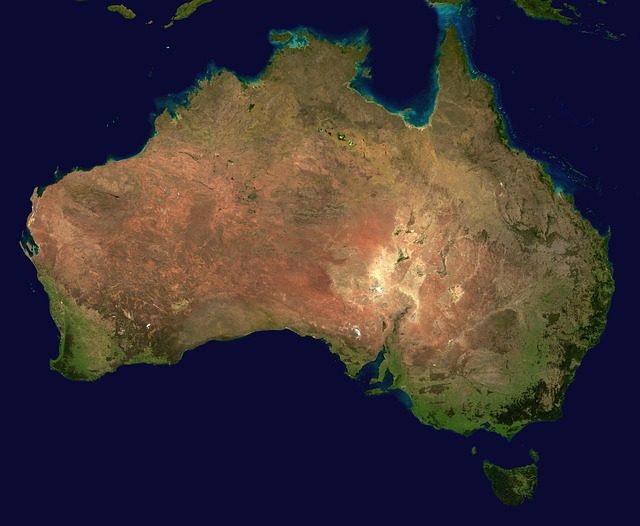Liberal party MPs have been efforting to overturn the current e-cigarette ban. In Australia the devices are legal, but the use of nicotine-containing refills is not. In August 2016, several public health activists, amongst which the New Nicotine Alliance (NNA), had submitted proposals to local regulator Therapeutic Goods Administration (TGA), to remove nicotine concentrations of below 3.6% from the Poisons Standard. However, in February 2017, the TGA rejected the application and upheld the nicotine ban.
Last Tuesday, during a party room meeting, several MPs raised the issue saying that there is widespread support within the government to legalize the nicotine-containing devices. The discussion was triggered by the New South Wales Liberal Trent Zimmerman, who earlier this year chaired a parliamentary inquiry appointed to look into e-cigarette use.
“Thousands of lives could be saved”
The Parliament’s Health, Aged Care and Sport Committee Chair and federal member for North Sydney, had pointed out that the Committee was divided on what the right regulatory approach in relation to e-cigarettes may be. “This has meant that I have found myself in the unusual position as Chair in authoring a dissenting report which recommends the ‘legalisation’ of e-cigarettes containing nicotine,” said Zimmerman at the time.
“While the evidence base regarding e-cigarettes is still emerging, there are clear indications that e-cigarettes are significantly less harmful to human health than smoking tobacco cigarettes,” he wrote in March, adding, “If long-term smokers who have been unable to quit smoking tobacco cigarettes switch to e-cigarettes, thousands of lives could be saved.”
A compromise has been reached
Zimmerman raised the issue again on Tuesday, and while Hunt opposed the proposed change, and said that he believes it will also be strongly opposed by local health groups, he finally agreed to an independent inquiry, into the scientific evidence about the devices. The research will possibly be undertaken by the National Centre for Epidemiology and Population Health at the Australian National University.
Read Further: The Guardian








